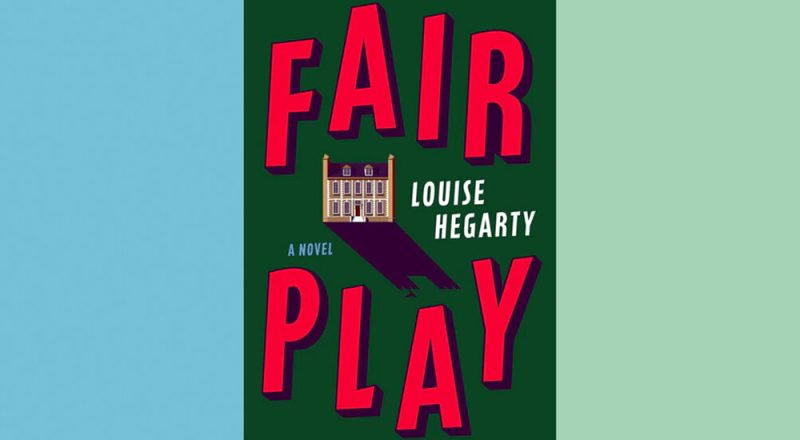FAIR PLAY, by Louise Hegarty
A group of friends convenes for an overnight murder mystery party in an Irish country house on New Year’s Eve, and each guest is assigned a part by the hostess, Abigail. Her brother, Benjamin, who’s celebrating his 33rd birthday, plays the murderer.
As in any locked-room mystery — for that is what Louise Hegarty’s terrific debut novel at first seems to be — real death comes unbidden to the house. The next morning Benjamin is found dead in his room, an empty bottle of pills by his bed, the door secured from inside — an apparent suicide, though Abigail insists he wasn’t suicidal.
The whodunit is afoot. Surely it’s a case for the brilliant consulting detective Auguste Bell, a pastiche of countless famous fictional investigators? From a droll dramatis personae, we learn that Bell was “previously seen in the international best sellers ‘The Guilty Vicarage’ and ‘The Fountain Pen Mystery’” and that “he will solve this case in fewer than 30 chapters.”
It’s around this point that the novel begins to reveal its unusual nature, the cunning way it operates on several levels. It’s a witty, knowing homage to classic detective fiction, but also a deeply sensitive examination of the loneliness and confusion of grief — and a reminder that every sudden death is a mystery that can’t be fully explained.
Advertisement
SKIP ADVERTISEMENT
Abigail’s own investigation into her brother’s death mostly involves scouring her memory, and those of Benjamin’s friends, for clues to his state of mind. “I’ve missed something and I’m hoping you can help me fill in some gaps,” she says to one friend. It’s a sad and frustrating endeavor.
Bell takes the conventional approach, asking loopy questions designed to demonstrate his superior acuity. “Did it rain any time during the night?” he barks at one of the guests. “Does this house have gas central heating?”
Subscribe to The Times to read as many articles as you like.
